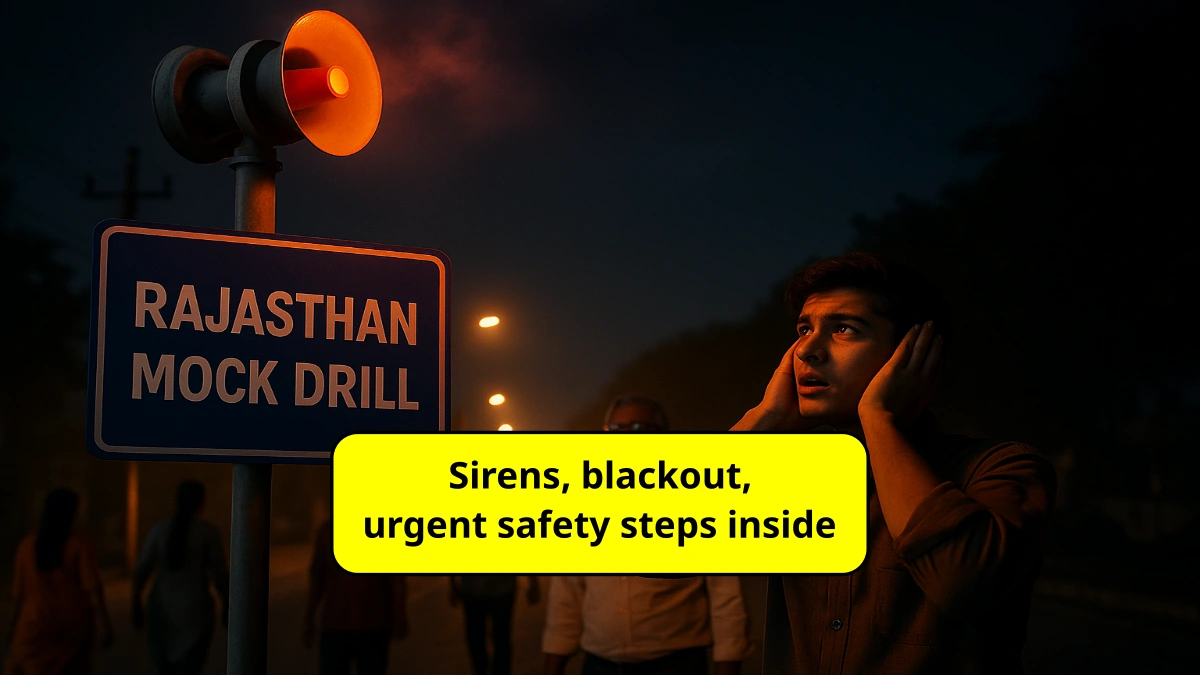Anxiety and depression are becoming big problems for teenagers all over the world. A study in The Lancet Psychiatry says that 75% of Australian teenagers face anxiety or depression. Plus, 64% of young people aged 10-18 have experienced mental health issues multiple times. This shows we need to focus on preventing these problems rather than only treating them.
In India, the situation is serious too. Research in the Indian Journal of Psychiatry found that more than 50 million children had mental health struggles in 2019. Most dealt with anxiety and depression, and experts believe these numbers grew after the COVID-19 pandemic.

Globally, the World Health Organization (WHO) reports that over 300 million people suffer from anxiety, and 280 million have depression. Teenagers are among the most affected, which makes this issue urgent to address.
How to Spot Anxiety and Depression in Teens
Mental health challenges change how teens think, feel, and act. Recognizing these signs early can help:
- Feeling sad or distant: Losing interest in things they used to enjoy.
- Changes in eating or sleeping habits: Eating too much, too little, or struggling to sleep.
- Irritability: Frequent mood swings or getting angry easily.
- Trouble focusing: Difficulty paying attention in school or other activities.
- Complaining about physical issues: Headaches, stomach pain, or tiredness without a clear cause.
Why Are Teens Facing Anxiety and Depression?
1. Hormonal and Life Changes
Puberty brings many changes to the body and mind. Along with exam stress and choosing career paths, teens often feel overwhelmed. Without a supportive environment at home or school, this stress can turn into anxiety or depression.
2. Poor Diet and Lifestyle Habits
Junk Food and Mental Health
Research shows that eating a lot of fast food and processed snacks increases the risk of anxiety and depression. These foods lack the nutrients needed for good mental health.
Sugary Drinks Make It Worse
Sugary drinks like sodas and energy drinks have been linked to poor mental health in teens. They can lead to mood swings and make depression worse.
3. Too Much Screen Time
Studies reveal that spending more than 7 hours daily on screens doubles the risk of depression in teens. Social media, in particular, often causes feelings of inadequacy and isolation.
4. Lack of Exercise
Physical activity plays a big role in mental health. Teens who don’t exercise are more likely to feel depressed. On the other hand, just one hour of daily exercise can reduce the risk of anxiety and depression by up to 95%.
How to Help Teens Feel Better
1. Encourage Healthy Eating
Make sure teens eat a balanced diet with fruits, vegetables, whole grains, and proteins. This improves both physical and mental health.
2. Get Them Moving
Encourage teens to play sports, go for walks, or join outdoor activities. Exercise releases happy hormones that fight stress and improve mood.
3. Limit Screen Time
Set limits for using phones, computers, and social media. Teach teens to take breaks and reduce their online time to improve mental health.
4. Prioritize Sleep
Help teens stick to a sleep schedule. They need 7-9 hours of quality sleep every night to stay mentally healthy.
5. Talk and Listen
Create a safe space for teens to share their thoughts and feelings. Listen to them without judgment, and let them know they’re not alone.
6. Avoid Too Much Pressure
Don’t overload teens with unrealistic expectations. Help them focus on their strengths and support them in achieving realistic goals.
Read Also – Why Sleeping in Woolen Clothes Could Be Harmful: Tips for Better Winter Sleep
When to Seek Professional Help
Sometimes, lifestyle changes aren’t enough. Look for professional support if:
- Symptoms last longer than two weeks.
- There are signs of self-harm or suicidal thoughts.
- The teen struggles to manage daily activities.
Therapists and counselors can provide effective tools and strategies to help teens overcome mental health challenges.









